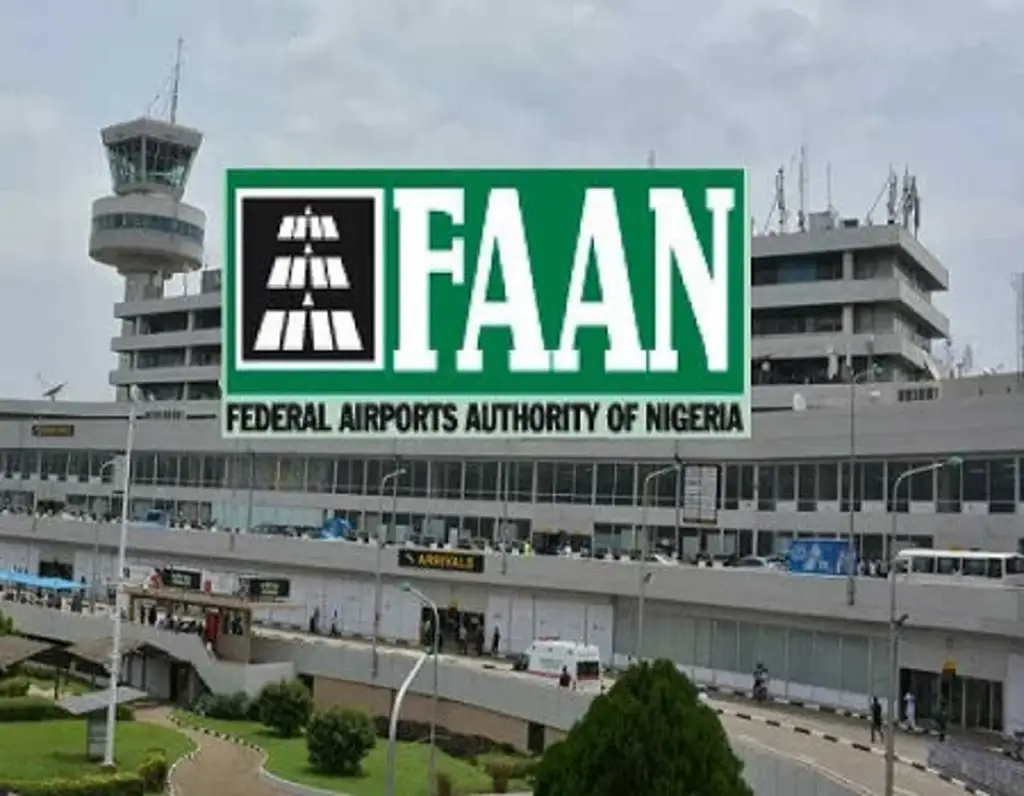Multiple bird strikes currently loom at the Lagos Airport – the local and international Airports – as communities around the airport dump waste in the airport, thereby increasing chances of bird strike attacks on aircraft operating from the airports.
LEADERSHIP reports that bird strikes can sometimes result in an emergency landing or, in rare cases, a crash. Engines could stall or shut down if birds are sucked into them.
Also, bird strike was attributed to the crash of a Jeju Air plane that crashed in South Korea, December, 2024.
According to the chief of the Muan fire department, Lee Jeong-hyun, in a televised briefing, said that a bird strike and bad weather might have caused the Jeju Air plane crash.
Confirming the development at a stakeholders’ meeting with Airline Operators, ground handlers among others recently, the managing director of the Federal Airports Authority of Nigeria (FAAN), Olubunmi Kuku, said communities bothering Lagos Airport are disposing heap of refuse at the airport.
According to the MD, the authority has engaged the opinion and traditional leaders but to no avail, criticising creation of abattoirs near the airport perimeter fencing.
“On bird strike, Air Peace and Overland Airways have been the most affected this year. The Airport Managers have been very diligent about grass cutting but, however, we have environmental issues that we are dealing with. Some of our Airports are cited in communities, in areas where we have people living there.
“I have an airport in Lagos, my largest airport that borders Shasha and Ejigbo communities and they throw waste and food over the fence. We have gone back to them, spoken to the opinion leaders as well as Baale of the communities telling them they can’t continue to do that as we have explained the implications. They have asked us to sensitise the communities as well.
“We have occasions where abattoirs are cited next to the airport so it’s not just what we can control within our environment but as Airport owners, it is our responsibility to make sure that we sensitise those communities,” Kuku stated.
However, the FAAN boss has urged airlines to always provide timely information and feedback to the authority for proactive planning and coordinated efforts to mitigate flight disruptions.
She said the challenges faced at airports are mainly due to lack of communication, lack of accurate flight information from airlines to relay to passengers, which she said can lead to frustration and violent behavior.
She emphasised the need for better coordination and information sharing between FAAN and the airlines, to ensure smoother operations.
“I think the critical challenge we are having is more around communication. I do want to say that we are all aware of the frustration that passengers have and while those frustrations manifest into inappropriate behavior, inappropriate behavior should not and will not be tolerated and the DG and I are on the same stance on that.
At the same time, we do need to give information and feedback because what happens is even FAAN does not usually have accurate timing of when your flights will take off. Yes, we understand that there might be operational issues. You may have had delays during the day, but we have nothing to communicate to the passengers. A lot of times, even the airline staff at the check-in gates do not have the data. If our officers on the ground have information, we can try to communicate and pacify.
“If the flight is not going to take off today and it is tomorrow, let them know at 3 ‘o’clock. Not that I have waited at the airport till 7, 8, 9 p.m., especially for people who may not have homes to return to or airports where they are actually outside of the city center. So we understand your challenges but better collaboration, communication, information, and planning are important,” Kuku said.
